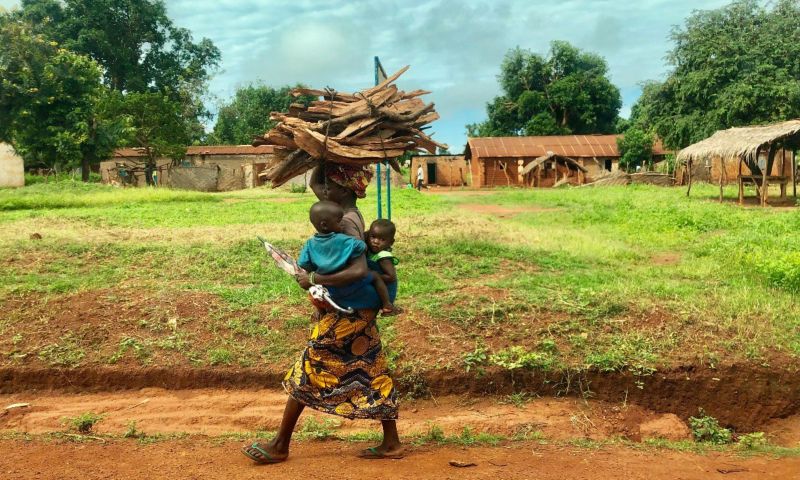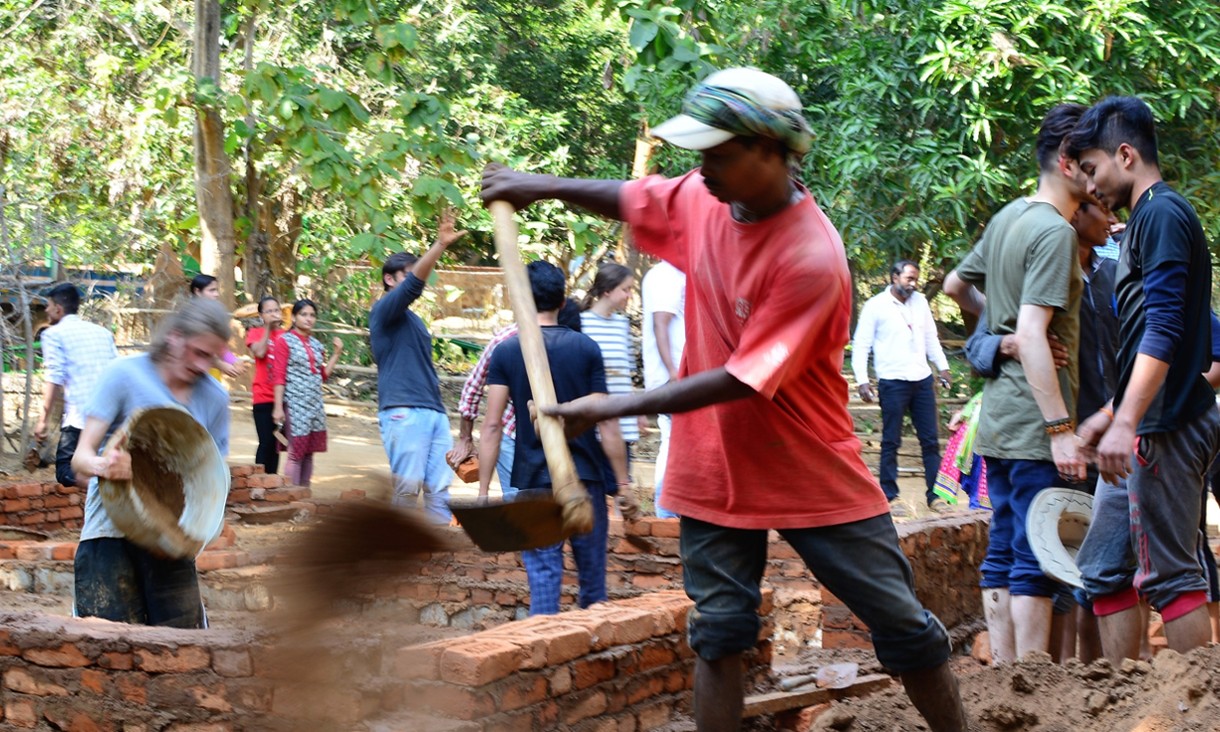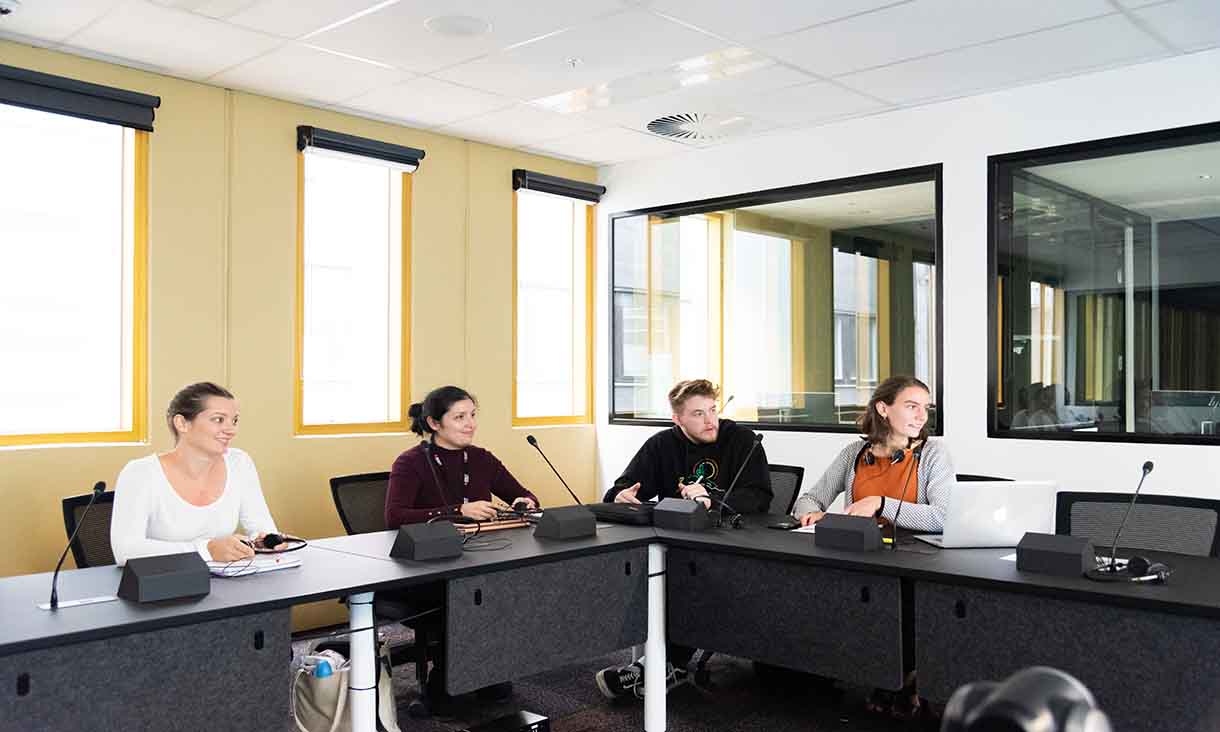In addition, a broad set of optional subjects drawn from across the university allows you the flexibility to develop your knowledge and technical skills in ways that suit your interests and career aspirations. You can choose from internationally-oriented subjects including media and communications, engineering, architecture, public policy, leadership and management, economics, project management, criminology, and languages.
The capstone research project enables you to synthesise and integrate your knowledge, connect theory and practice, and demonstrate your holistic achievement of the course learning outcomes. This individually negotiated project provides you with the research skill base for engagement in further learning in a research degree, or in life-long learning pursuits, allowing you to confidently contribute to an industry that is constantly evolving.
You will have the opportunity to undertake capstone research projects aligned with the work of RMIT’s research centres, including the Centre for Urban Research, the Social Equity Research Centre, the Australian APEC Study Centre, the Centre for Cyber Security Research and Innovation, the Sir Lawrence Wackett Defence and Aerospace Centre, the Centre for International Development and the European Union Centre of Excellence.







